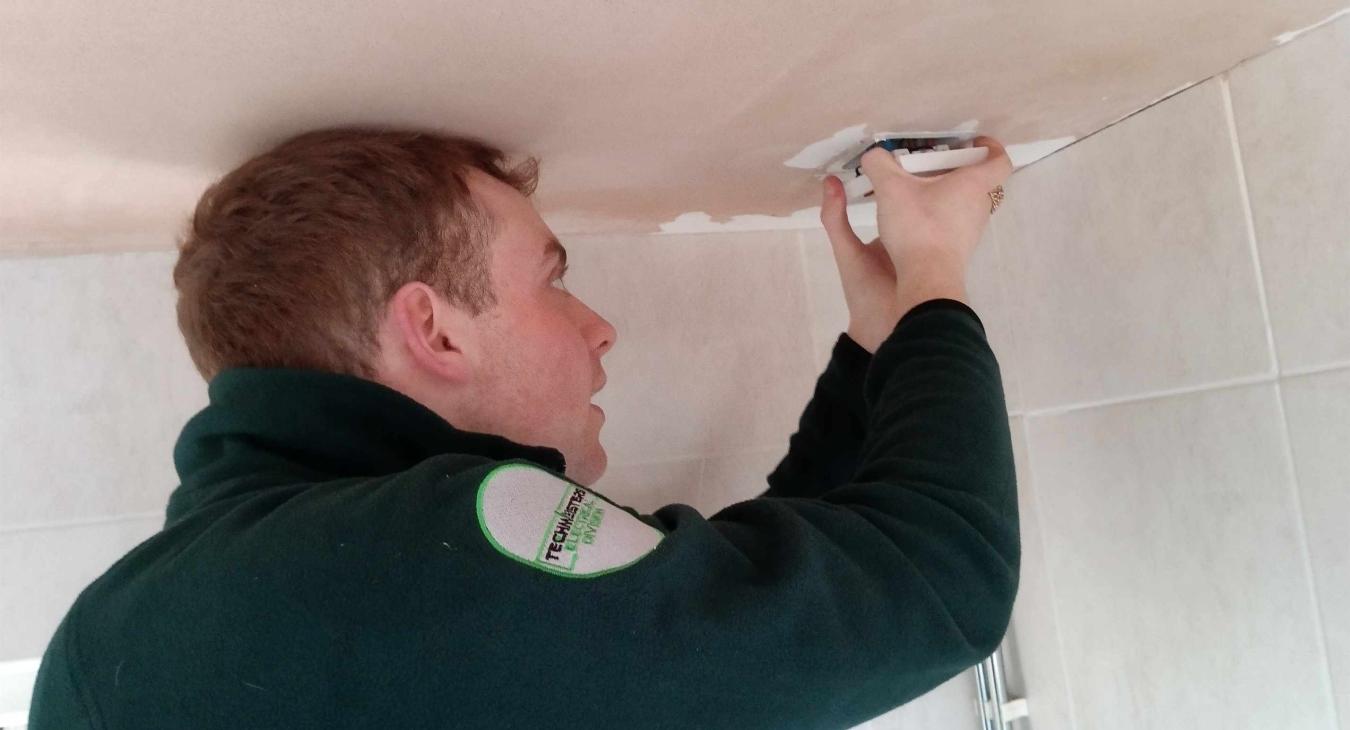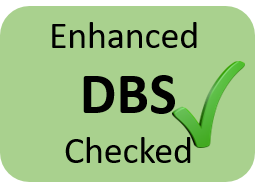Don't Get Shocked: Why Using A Registered Electrician is Essential for Small Jobs
We've all been there. A flickering light in the bathroom, a faulty switch, or a buzzing outlet - minor electrical issues that might seem like a quick DIY fix. But before you grab your toolbox, consider the hidden dangers and long-term consequences of skipping a registered electrician for seemingly simple electrical tasks.
The Nuances Of Any Project, Big Or Small
What do we mean by that? What we mean, is, A registered and well-experienced electrician will be (hopefully almost without realising it) looking out for, pre-empting, and avoiding any pitfalls that could happen along the way. A lot of clients might miss this part, because we'll be doing this seamlessly whilst we come out to take a look and do the work.
Sometimes the devil is in the details and if you're not well rehearsed in this field, you can quite easily have non-compliant (and in some cases, potentially dangerous, or even dangerous) work carried out by the unknowing and unexpecting.
A few common examples we might find when it's blindingly obvious an experienced electrician hasn't carried out the work:
- Metal lights, light switches and sockets are fitted without the earth (or the earth is loose)
- Extractor fans and downlights lack the correct IP rating (and may even need to be 12V, but a 230V mains versions were fitted!!) in the bathroom.
- Loose connections, or terminals tightened on the insulation, resulting in the same sort of issue as loose connections
- Standard internal wiring used on the exterior, mostly for outside lights and garage/shed power
- Even worse: Standard wiring buried in the garden for shed / garage / garden power (this will eventually fail, let's hope it wasn't buried under a very expensive patio!)
- Non-fire rated downlights fitted with a bedroom above (flames will bypass the ceiling through the hole the downlight sits in)
- Kitchens are especially likely to have some of the above, and also broken rings, and 'spurs off spurs' (lets hope the wiring isn't buried behind an expensive kitchen with tiles!)
- Armoured wiring not made off properly
- Substandard fusebox installations
- Completely missing the fact wiring in the walls needs to stay inside the electrician's zones
That's quite a list, and honestly, that really isn't exhaustive. All nuances, the finer details, that if you don't do this type of work day in day out, you could quite easily miss or accidentally fall foul of.
And, to make things worse, if something is to go terribly wrong, The UK government's Health and Safety Executive might well start asking questions, and the consequences can be a little... shocking. Mind the pun.
Why DIY Electrical Work Can Be Shockingly Bad
Electricity is literally dangerous, and even minor electrical work carries significant risks:
- Serious Injury or Death: Underestimating the danger of electricity can lead to severe shock or even death, even the smallest of tickles aren't a pleasurable experience. Trained electricians have the knowledge and safety gear to minimize these risks.
- Fire Hazards: Improper wiring or faulty installations pose a major fire risk, jeopardizing your entire home and family. We often find things starting burn on plug tops, plug sockets, electric showers and their isolators, immersion heaters, cookers and hobs, and inside the fusebox.
- Code Violations and Safety Concerns: Building codes exist for a reason – they ensure electrical systems are installed and maintained safely. Unknowingly violating these codes can lead to future problems and potential insurance coverage issues. For homeowners, this could mean a voided building insurance policy if an electrical fault causes damage. And potentially, when you come to sell the property, you could end up in a sticky situation.
Beyond Safety: The Benefits of Registered Electricians
Hiring a licensed electrician offers peace of mind and numerous advantages, and we're not just saying this because we're registered, you have got to be aware, not all electricians are made equal, not even registered ones, but:
- Expertise and Efficiency: Qualified electricians quickly diagnose electrical problems and implement solutions efficiently. Their experience saves you time, frustration, and the potentially for further complications. It is true.
- Warranties and Insurance: Many electricians offer warranties on their work, and their services are often backed by insurance. This provides financial protection should something go wrong.
- Quality Workmanship: Registered electricians use the proper tools and materials to ensure long-lasting, reliable repairs. This prevents the need for future fixes and potential problems. At the end of the day, we don't want something going wrong as much as you don't.
- The Look, Feel & Finish: Anyone can get something working. It's another level to put something in that is both safe and works as expected. The next level up to that is putting something in that not only functions as expected, but is also safe and looks good.
When to Call a Registered Electrician: Don't Risk It
Hopefully by the time you get to this part, you'll understand when we say that for the most part, anything electrical really does need looking at by someone who does it day in day out.
A Note To Tenants: Avoid Upsetting Your Landlord
As a tenant, attempting electrical work yourself, or inviting a service provider who isn't experienced enough to carry out the work, can cause problems:
- Landlord Requirements: Many landlords require a valid electrical certificate for any electrical work done in the property. DIY repairs or work carried out by those who aren't registered might not meet these obligations.
- Responsibility for Substandard Work: If your DIY work results in a non-compliant installation, or worse, electrical faults or damage, your landlord may be forced to rectify the situation. This could lead to costs being passed on to you.
For more information about our small electrical jobs specialist services, please see here.












